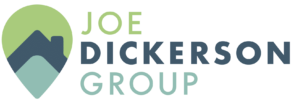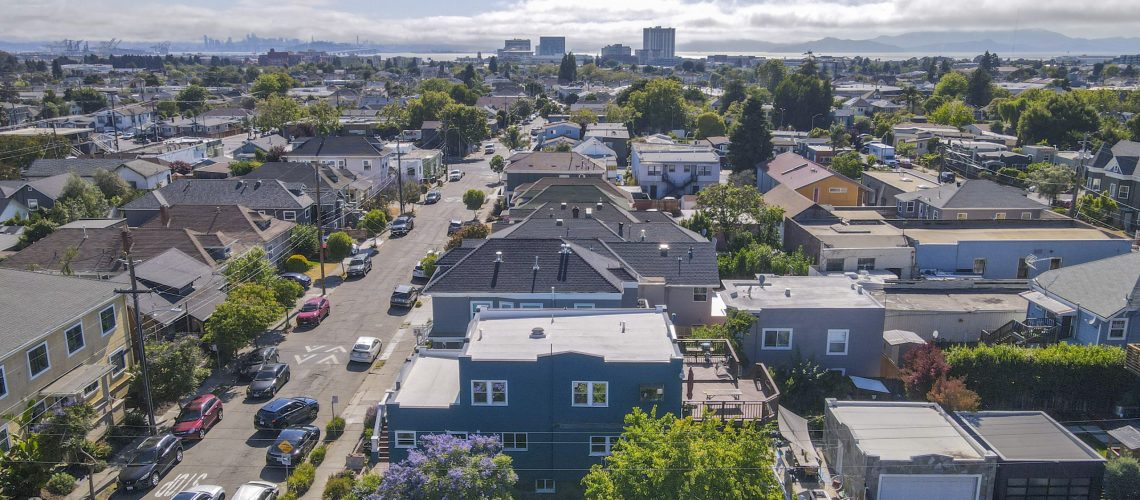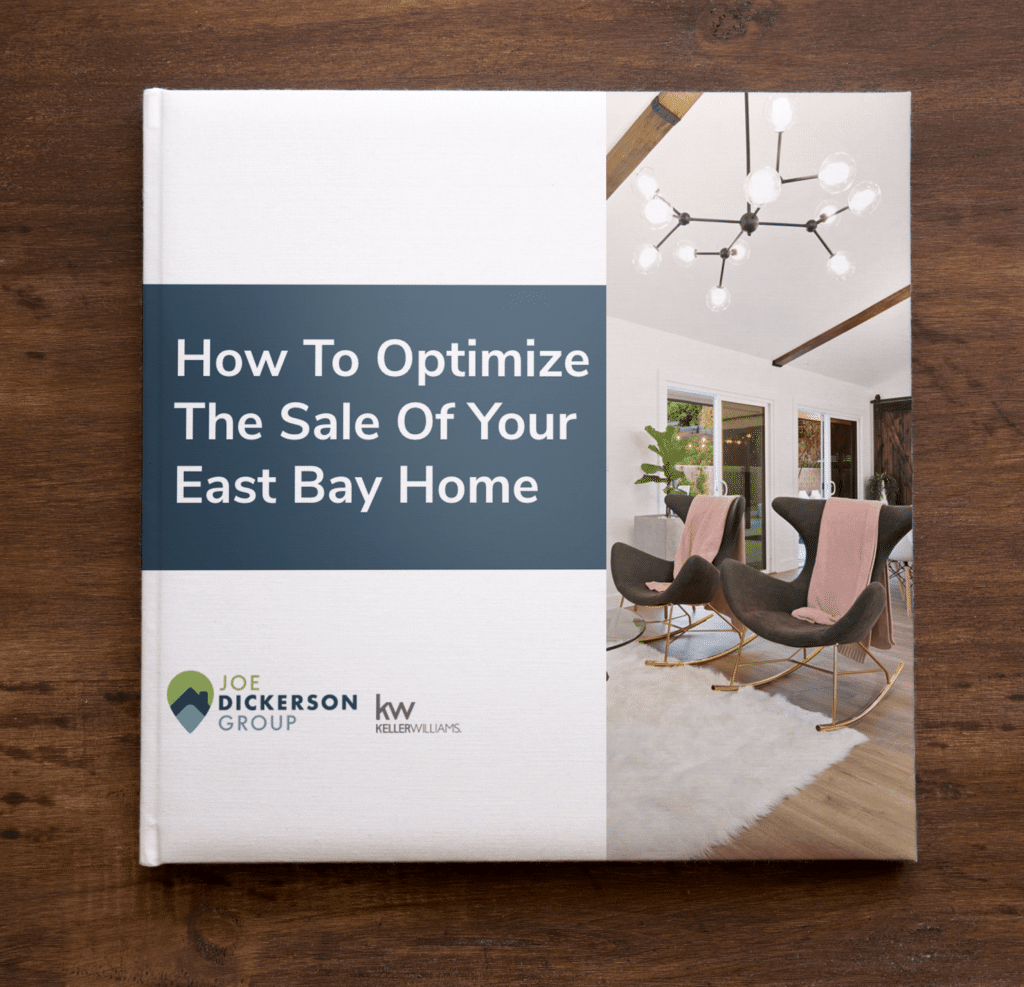When it comes to planning to purchase a home, it’s correct to assume that one of the primary initial costs is the down payment. However, that’s not the only upfront cost you need to be financially prepared to handle.
The real estate industry does a great job of letting first-time home buyers know they need a down payment, but rarely are closing costs, earnest money, or other purchase-related expenses discussed openly.
If you’ve been saving for a while now, the last thing I want to do is burst your bubble. However, for the best real estate buying experience possible, you must have all of the information – even if it’s hard to hear or means you’ll need to save up a little more before making a move.
It’s time you have the truth about how much cash you need to buy a house in the Oakland or East Bay area.
Breaking Down the Cost of Buying a Home
Figuring out exactly how much money you need to buy a house can be overwhelming, but we’re putting a stop to that with this article!
Pro Tip: You need more than just the initial down payment.
When considering the cost of the house, it is crucial to plan for the following expenses:
- Down payment
- Closing costs
- Prepaid expenses
- Mortgage payment
- Utility adjustment
- Lender-Required “Cash Reserves”
The Down Payment
Most people realize they need a percentage of the purchase price saved up as the down payment. The more money you can save for the down payment, the less you will need to borrow from the bank.
Depending on the type of loan you qualify for, you can get away with a 0-5% down payment by financing your home purchase with special loans like the federal housing administration (FHA loans), USDA loans, or veterans affairs loans (VA loans). However, it is more common to have 20% of the house’s purchase price saved so that your lender can issue a mortgage without private mortgage insurance or PMI and provide the lowest possible rate.
As you calculate exactly how much money you can contribute toward the down payment, you’ll need to look at the rest of your budget. Best financial practices recommend you leave some wiggle room for a starter home repair fund and have reserves available for when “life” happens in addition to your typical living expenses. Buying a house should be a joyous experience, not one where you and your finances are stressed to the max.
How to Build your Down Payment Fund
Whether you are trying to save up the minimum down payment or aiming to avoid private mortgage insurance with an above-average down payment, you likely have some work to do. Here are some options to help build your “house” fund:
Budget and Downsize
Look closely at where your money goes each month. If you do not know where the money is going, then creating a budget is something you should consider. Explore how much you spend on rent, student loans, utilities, groceries, entertainment, takeout, etc. This is often a revealing exercise. So, if you’re surprised at how much money you spend in any particular area, explore ways in which you can cut back. Each time you make a more cost-friendly choice in that category, funnel the difference into an account earmarked for your house fund.
Downsizing is one of the fastest ways to save money. Start by reducing your daily living expenses and explore ways in which you can “downsize” your lifestyle. Maybe you can go out to a nice restaurant once a week instead of picking up takeout 3 times a week? There are many opportunities here to create a lifestyle that truly aligns with your financial goals.
Make Your Savings Work For You
Investigate whether CDs or high-yield savings accounts might make your savings work a little harder by building interest faster. Rather than just putting it into an average bank account, try an online high-yield savings account where your money can make money. Just make sure you can access the funds when you need them.
If your time horizon for purchasing a home is even longer (1 year or more), consider looking into other types of investments to make your money grow even faster.
Ask For Help
It’s really common for family members to contribute to first-time buyers’ home purchases, and there is no shame in asking for help. As you save up for a down payment, share with your loved ones about the money moves you’re making and why. Not only will you set the tone for open financial conversations within your family and encourage others to share about the milestones they’re working toward, but they’ll likely jump on your bandwagon and help you toward your goals.
It’s important not to expect help but instead to be open about the process. Most parents, aunts, uncles, etc. would love to have a hand in helping you toward your homeownership goals, whether through a financial contribution or well-intentioned advice.
Local Support
Look for first-time homebuyer programs and down payment assistance programs. Some programs offer zero percent interest loans for your down payment costs if you meet a certain income requirement.
Other ways to help save up for your down payment are:
- get a side hustle
- ask for a raise
- skip a vacation
All of these ways will help you save money and give you the money needed during the home-buying process.
Sources For Down Payment
The down payment may come from your funds, like your bank account, or it can come from a gift or even be borrowed from agencies.
Let’s take a look at the three main housing loans: Conventional Loans, VA Loans, and FHA Loans.
Conventional Loans
A conventional loan is not insured by the government and often comes with the strictest rules regarding the sources you can use for your down payment funds. Accepted sources for your down payment are often your bank, retirement accounts, or the sale of a personal asset.
VA Loans
These are government-backed loans for veterans, service members, and surviving spouses. The down payment isn’t typically an issue, and they can provide up to 100% financing.
FHA Loans
The Federal Housing Administration has a very relaxed perspective on down payments. The down payment can come from your own funds, a gift, or approved down payment assistance programs.
Surprising Down Payment Restrictions on Cash Savings
If you’re considering using that cash you’ve stashed under your mattress as a down payment, I can already tell you – you will hit a roadblock.
The financial institution through which you’ll be obtaining financing for the remainder of your purchase must verify the source of your funds. The money you invest into a home (even as a down payment) must funnel through a financial institution. Cash savings can not be verified.
Likewise, unsecured loans like a credit card advance or a personal loan will be reflected on your credit and could potentially disqualify you from financing. Not only do financial moves like these increase credit card debt, but they also show a mortgage lender you cannot gather the funds needed for a down payment from savings or earnings.
Moral of the story? Budget, take on extra work, and save until you qualify as home buyers the right way. Trying to circumvent the system will only work against you.
Closing Costs
Aside from the down payment, you can expect to pay about 2-5% of your mortgage loan principal in closing costs. Closing costs vary based on where you’re buying a house.
What is Included in Closing Costs?
There are a lot of fees included in your closing costs. These are fees charged by your lender and other companies. Some of the fees you may encounter are:
- Appraisal fee
- Credit report fee
- Origination fee
- Application fee
- Title search fee
- Title insurance
- Underwriting fee
- Attorney fees
- Home inspection
- City and county transfer taxes
Closing costs vary depending on the lender, so you’ll want to pay attention to the origination fees and underwriting fees to see where you might save. Always remember you’ll likely pay some additional fees on the closing day that aren’t considered closing costs. These are considered prepaid expenses. These can include homeowners insurance premiums and property taxes. You’ll also have to prepay any interest on any remaining days through the month’s end.
There are two ways you may reduce or eliminate closing costs.
- Seller pays your closing costs: In hot real estate markets, this is a rare opportunity.
- Negotiate Premium Pricing: This is where you pay a higher interest rate on your mortgage in exchange for your lender paying your closing costs.
Prepaid Expenses
This is probably one of the most confusing parts for new home buyers.
The lender will put most home buyers’ real estate taxes and homeowners insurance in an escrow account. Having them in escrow means that those charges will be included in your monthly mortgage payment and paid by the lender when they come due.
For that to happen, the lender must collect a certain amount upfront to ensure the funds are available. The escrow accounts are set up to pay the charges on the next due date, while a portion of your monthly payment replenishes the escrow account for the following due date.
Here’s a little more information about the two types of prepaid expenses mentioned above.
Real Estate Taxes
The amount of real estate taxes depends on where you live, and the frequency of the collections may mean the mortgage lender puts anywhere between 2 to 12 months of taxes into escrow.
Homeowners Insurance
You’ll most likely have to prepay one-year homeowners insurance policy on the house plus an extra two months of homeowners insurance premiums in the lender’s escrow. You may also have to escrow one or two months of premiums to pay PMI if needed.
Mortgage Payment
When you are looking to buy a house, it’s important to determine how much it will cost you each month, not just on closing day.
Your monthly payment is probably the most predictable cost when you buy a house, it’s based on taxes, insurance, the length of your loan agreement, and the purchase price of the home.
Mortgage Interest Rates
Your mortgage interest rate has a very large impact when it comes to your mortgage payments. You want to ensure you are shopping around for your mortgage loan provider and the interest rate they can offer. Do not go with the first lender who approves you because you may be able to save thousands with a different lender. Ask your real estate agent for a referral to lenders known to provide the best combination of rates and service.
Mortgage Insurance
If you cannot make a larger down payment and have to put less than 20% down, your mortgage will most likely come with mortgage insurance premiums. Mortgage insurance is to help protect the lender/bank if you cannot pay back the loan.
With an FHA loan, you will have to pay mortgage insurance, including a premium upfront, and it will be built into your monthly mortgage payments. Annual premiums will last for the entire mortgage loan. If you have a conventional mortgage loan and put less than 20% down, you’ll have private mortgage insurance or (PMI) until you have built up 20% equity in your home. After that, you can cancel the PMI, but ask your bank for an estimated monthly amount to know how much extra money you will need on top of the monthly mortgage payment.
Any Other Expenses To Expect?
Other expenses come into play when buying a house and will pop up just before you cross the finish line. Here’s what to expect:
Utility Adjustments
These charges normally do not go above a couple of hundred dollars. But they are still pretty important to remember. If the previous homeowner has paid any annual utilities like oil tank refills (right before closing), HOA fees, sewer, water, etc. (again, depending on the area and the way utilities are managed there), you will be expected to pay the seller back for those utilities.
Lender-Required “Cash Reserves”
Cash reserves are a very big surprise to many homebuyers. It isn’t a closing expense, but some financial institutions require you to have a certain amount of cash left in savings after all closing costs are paid.
A cash reserve requirement means you need to have money left over from the closing to be able to make your monthly payments for the first couple of months. Lenders do not want you to go into early-term default.
Usually, this “cash reserves” requirement is two months’ worth of mortgage payments, but can be substantially higher for larger “jumbo” loans.
The lender must confirm that the funds are available in a liquid source. A savings account, checking account, or money market fund are normally the top choices. Lenders may be able to use brokerage accounts and certain types of retirement accounts for reserve funds as well.
Other expenses to factor in when buying a home are moving expenses (especially if moving a long distance), maintenance costs (the house might need to be fixed before actually moving in), and an emergency fund for any unexpected situations that come with owning a home.
How To Become A First-Time Home Buyer
Once you’ve figured out how much money you need to become a home buyer, you have to prepare to make the purchase. Here are some steps to ensure you’re prepared to buy a house.
- Check your credit scores: Mortgage lenders will use your credit score and other factors to determine if your credit is worthy of a loan.
- Create a budget: Look at all your expenses, including car payments, loans, food, utilities, etc. You want to create a realistic house budget.
- Save for a down payment: You’ll need at least 3% of the home’s purchase price. If you want to avoid PMI, you’ll want to have at least 20%.
- Find a Lender: Get preapproved for a mortgage. It makes you look more serious to sellers and gives you a better idea of how much you can afford.
- Be realistic: A home purchase prices change often, and you need to make sure you are ready to give up some “must haves” and realize once you own the property, you can do with it what you want!
What Are Your Action Steps Toward Saving Enough Money To Buy A House?
When figuring out how much money is needed to become a home buyer, you must consider more than just the listing price and the resulting down payment percentage. Make sure to look at the upfront and ongoing expenses of homeownership without the rose-colored glasses on.
Set aside funds for unexpected life and homeownership expenses. This may mean you need to create a budget, dig into your earning and spending habits, and find a home priced in a range that is reasonable based on your income, lifestyle, and financial goals.
Now that you’re fully informed about how much you need to confidently purchase a home and cover the home inspection, title insurance, moving expenses, down payment, and more, you can set realistic financial goals and timelines along the path to purchasing your first or next home in the Oakland area.



